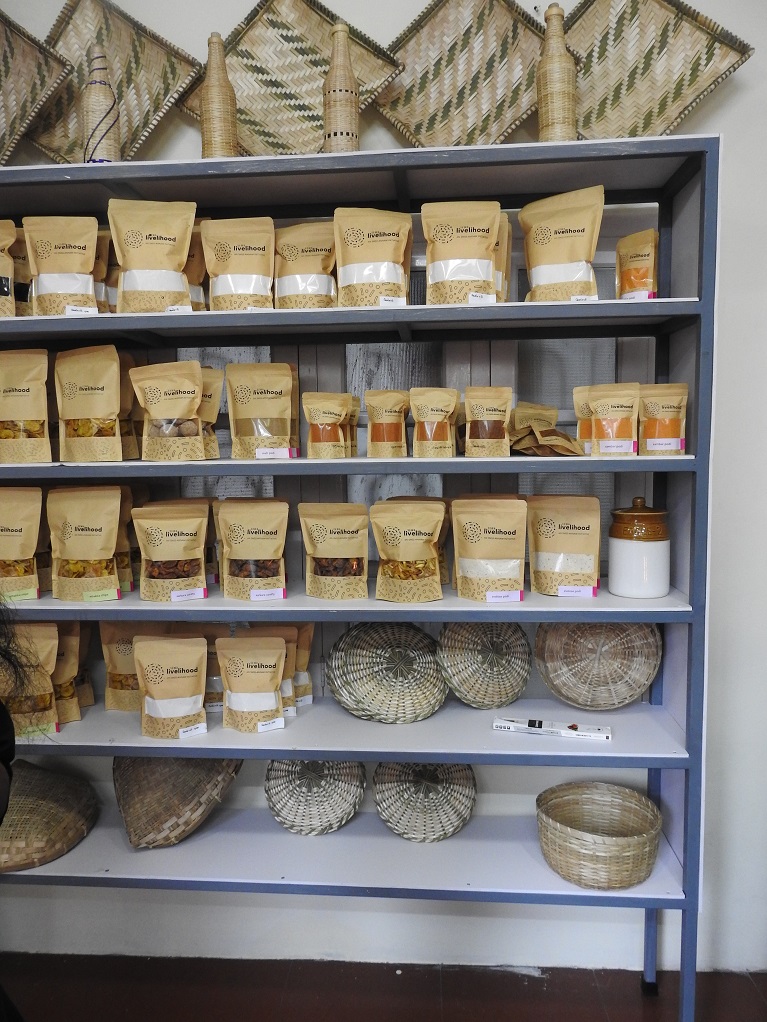Spotlight Interviews with Co-operators
Sonia George, General Secretary of Self Employed Women’s Association (SEWA), Kerala
“Spotlight Interviews with Co-operators” is a series of interviews with cooperative and wider social and solidarity economy (SSE) policy makers, researchers and practitioners from around the world with whom ILO officials have crossed paths during the course of their work. On this occasion, the ILO interviewed Sonia George, General Secretary of Self Employed Women’s Association (SEWA), Kerala.
Could you tell us about yourself?
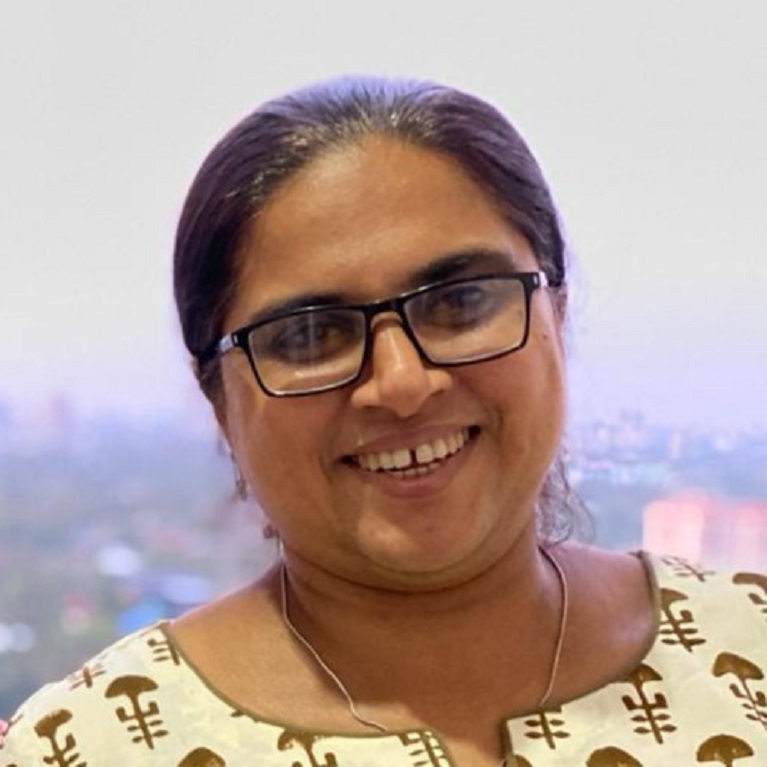
When was SEWA Kerala established?
SEWA-Kerala was established in the early 1980s. It got realized as part of a search to find alternative livelihoods for women workers who had lost their livelihoods as a result of the economic crisis and its impact on traditional economy. The initiative started as an attempt to bring women in these traditional sectors to get set in alternate livelihoods like domestic work. A collective of domestic workers was formed through skill building, capacity building and raising the worker consciousness. This process paved way to the recognition of organizing a sector of workers, who were otherwise so scattered and exploited. Private homes were never imagined as a workspace and domestic workers who work inside such spaces as workers. Through the support of the collective, minimum wage, working conditions with off pay, and job cards became regularized for the members.Who are the women workers that SEWA Kerala works with?
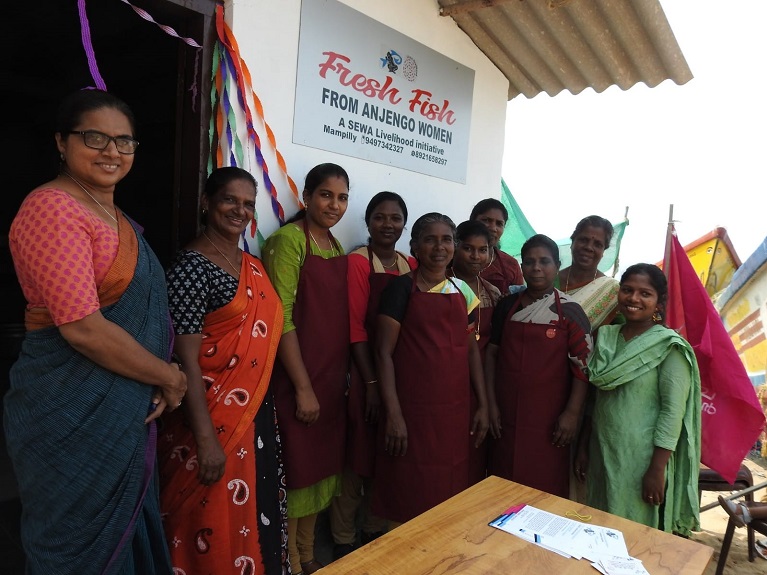
What is the role that SEWA Kerala plays in relation to its members?
The main priority of SEWA is to bring together the most informal and unorganized workers in their local areas. Trade wise organizing will facilitate the workers to bring together their issues in the work and to take it through different action plans. These includes bringing workers together in collectives to attain conditions of decent work, advocacy activities for proper recognition and rights as workers. Equipping workers through skill building activities, professionalizing approach and to support the livelihood activities like marketing initiatives have become a structural pattern of the organization. Building models of social security through local methods also is a priority. For instance, everyday a worker has to put a specific amount to her contribution and the same amount would be deducted from the employer towards her welfare and saved in the local banking system.In SEWA Kerala how do social and solidarity economy (SSE) units of women informal economy workers such as cooperatives, collectives, self-help groups, and associations benefit their members and communities?
SEWA Kerala's first initiative of bringing domestic workers together in their own solidarity organization was a challenge. The attempt was to recognize women's work and skills which otherwise was only performed within their households as family responsibilities. The training and capacity building sessions allowed the workers to gain confidence and raise their consciousness as workers. The collectives helped regularized a common minimum wage with work conditions and assurance of jobs. These practices of fair working conditions slowly gained space in the public consciousness towards recognizing domestic workers and their rights. It is a long struggle but building up micro-level models of social solidarity economy ensured the possibilities of such collectives towards formalizing informal work.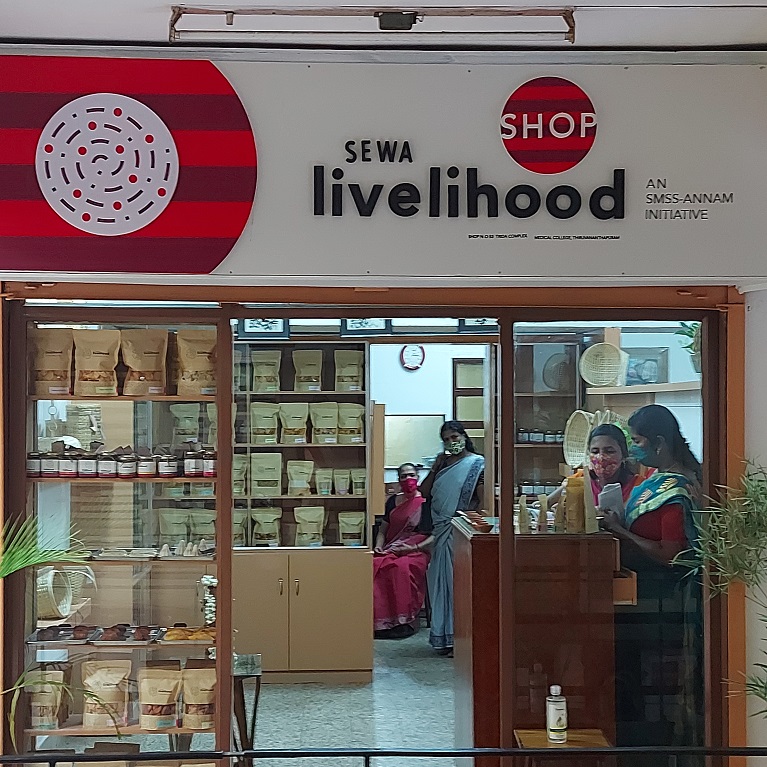
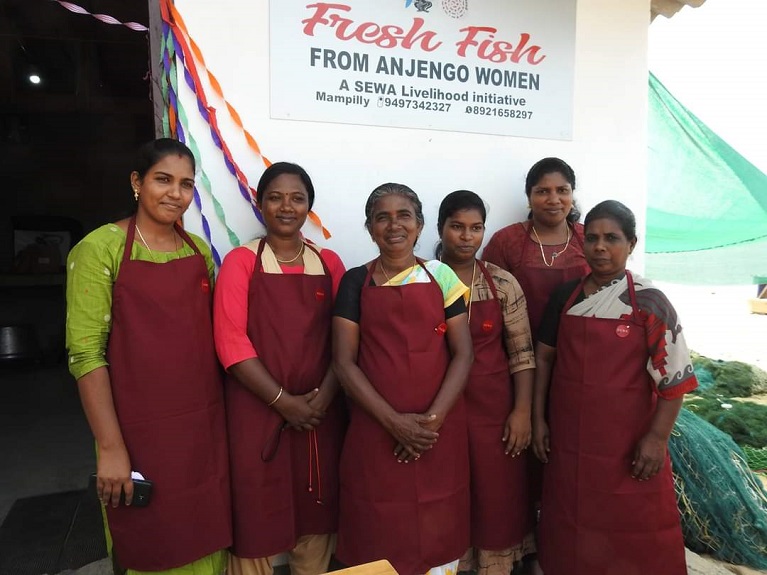
During the COVID-19 crisis how have these SSE units responded to the needs of their members and communities?
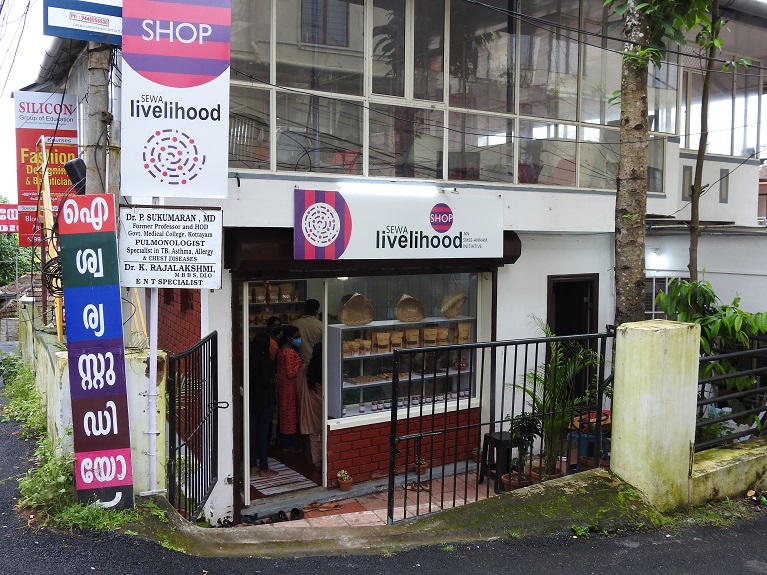
COVID-19 context has made us to rethink the limitations of the existing work models for the informal sector and to restructure according to the collective needs. One such experience was the transportation difficulties that the women workers face as all public transport mechanisms stopped. That had helped us to think about a sub-collective to support the delivery services according to the orders. This has developed a new interface for the workers’ existence in the new-normal situations. The approach to boost the local economy through joint efforts of traditional workers and new generation with technology and mobility were successful. This approach provides answers to many pertinent questions related to sustainability, education, unemployment, and IT linkages.
One of the successful attempts was to bring together fisherwomen to adapt to new forms of value addition and marketing. For example, the online fish sale through the fisher women collective became possible through the COVID-19 imposed threats to their livelihoods. This enabled the workers to go beyond their traditional thinking and to link themselves with new possibilities.
In SEWA Kerala what do you see as the key elements of a strategy for building resilience and preparedness among women informal economy workers against future crises?
There are many intertwining concerns in the patterns of informal economy work. For a country like India, caste, class and gender play a crucial role in determining one’s identity and also livelihoods options. This positionality determines the right to resources, and ownership in case of commons. It could reversely determine their social status with respect to particular jobs, place of work, work behaviours, and working conditions. Every sector that we engage in have these complexities which may be easily understood through an intersectionality approach. The models that are created are enabled to challenge such systemic practices. Introduction of uniforms while in work and skills in particular areas of domestic work have challenged the traditional caste, class and patriarchal approaches with regard to domestic workers. The same concerns are applicable in the fisheries sector, and among reed/bamboo, agricultural, and food workers. Carefully modulating the work while taking into consideration those serious structural concerns is the backbone of such collective models.